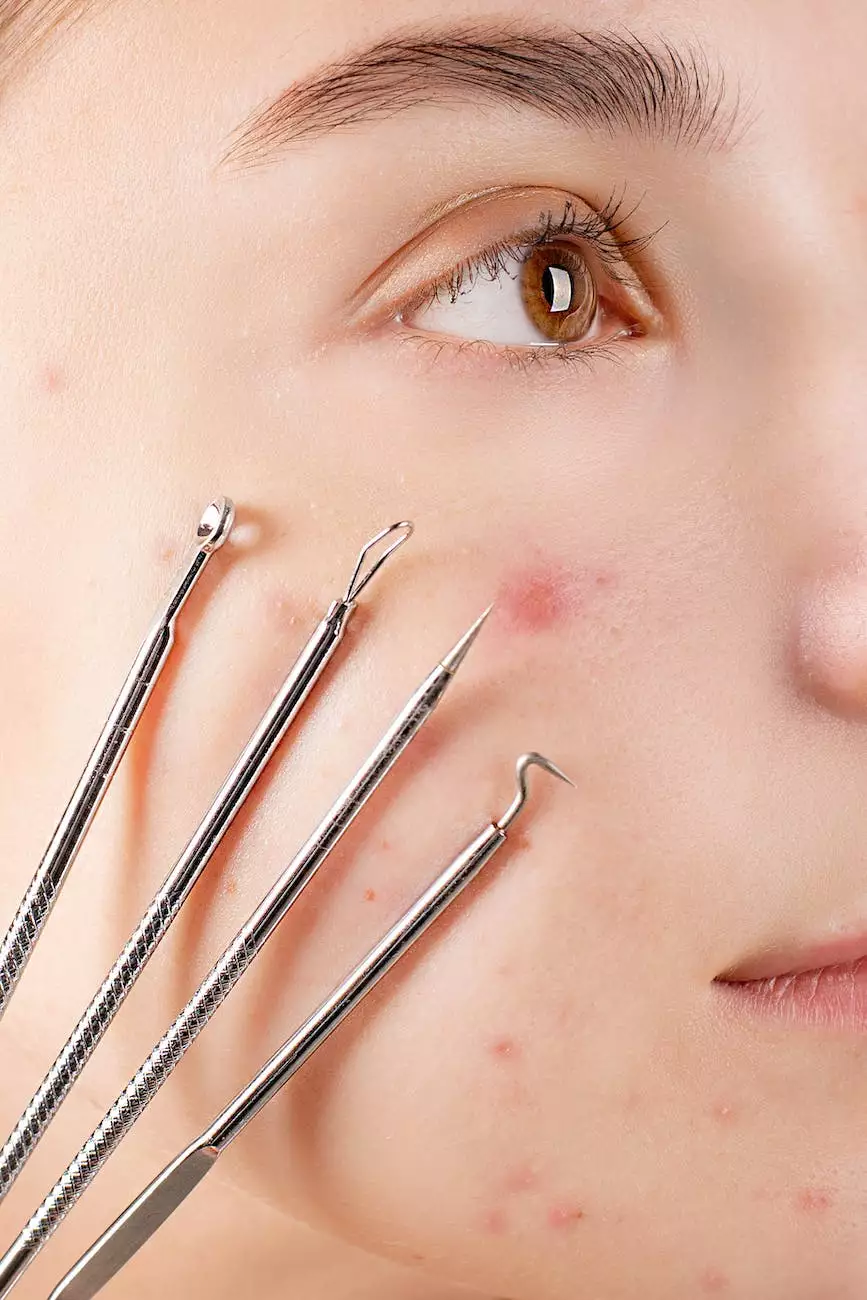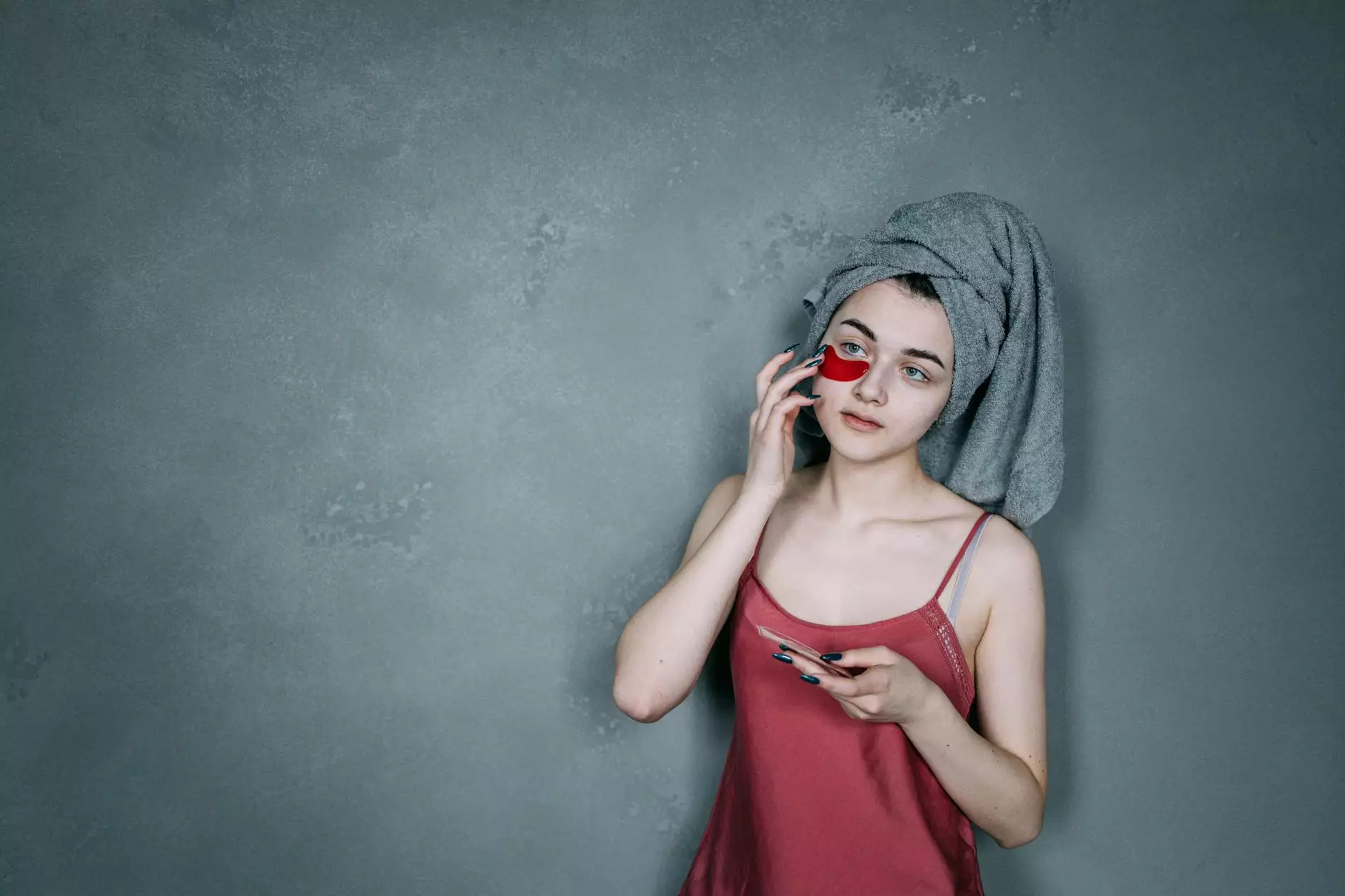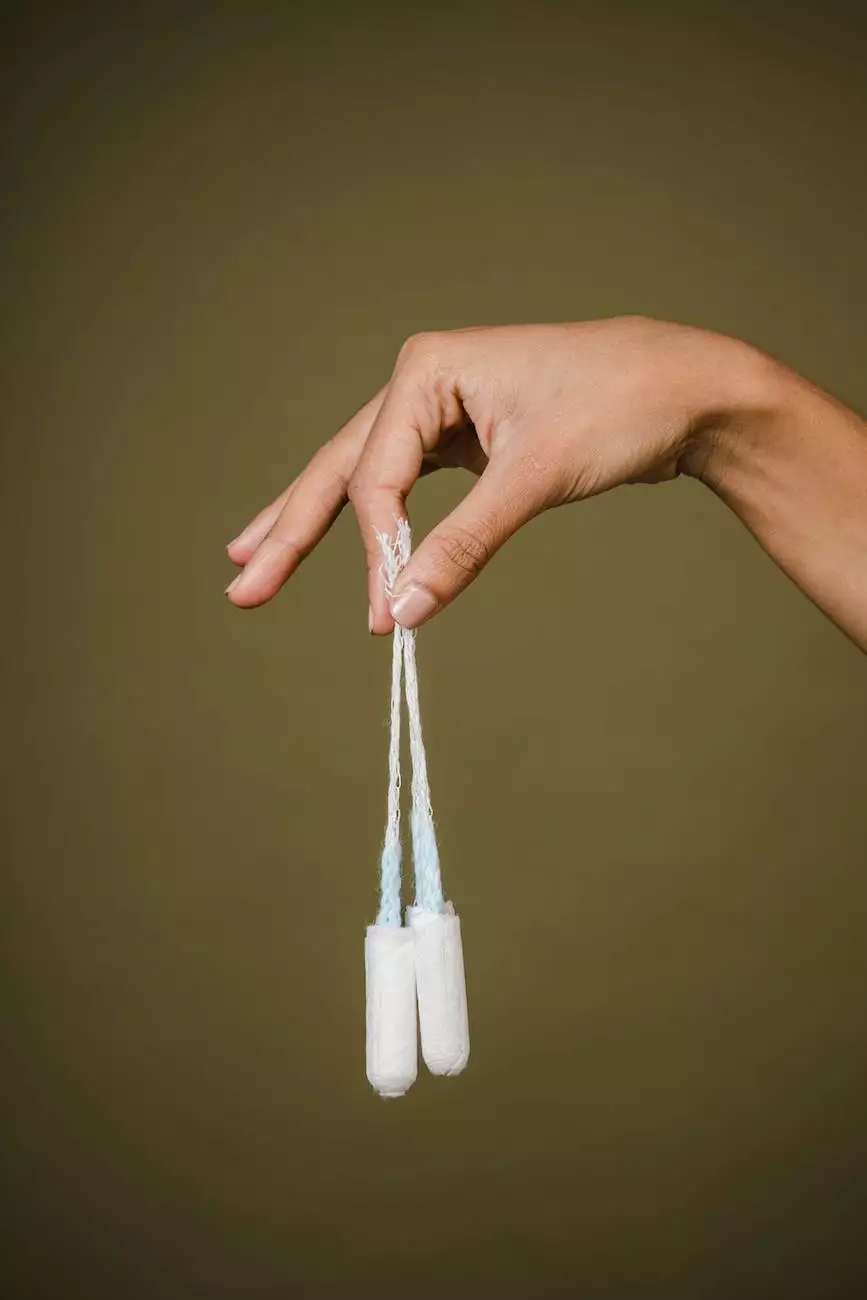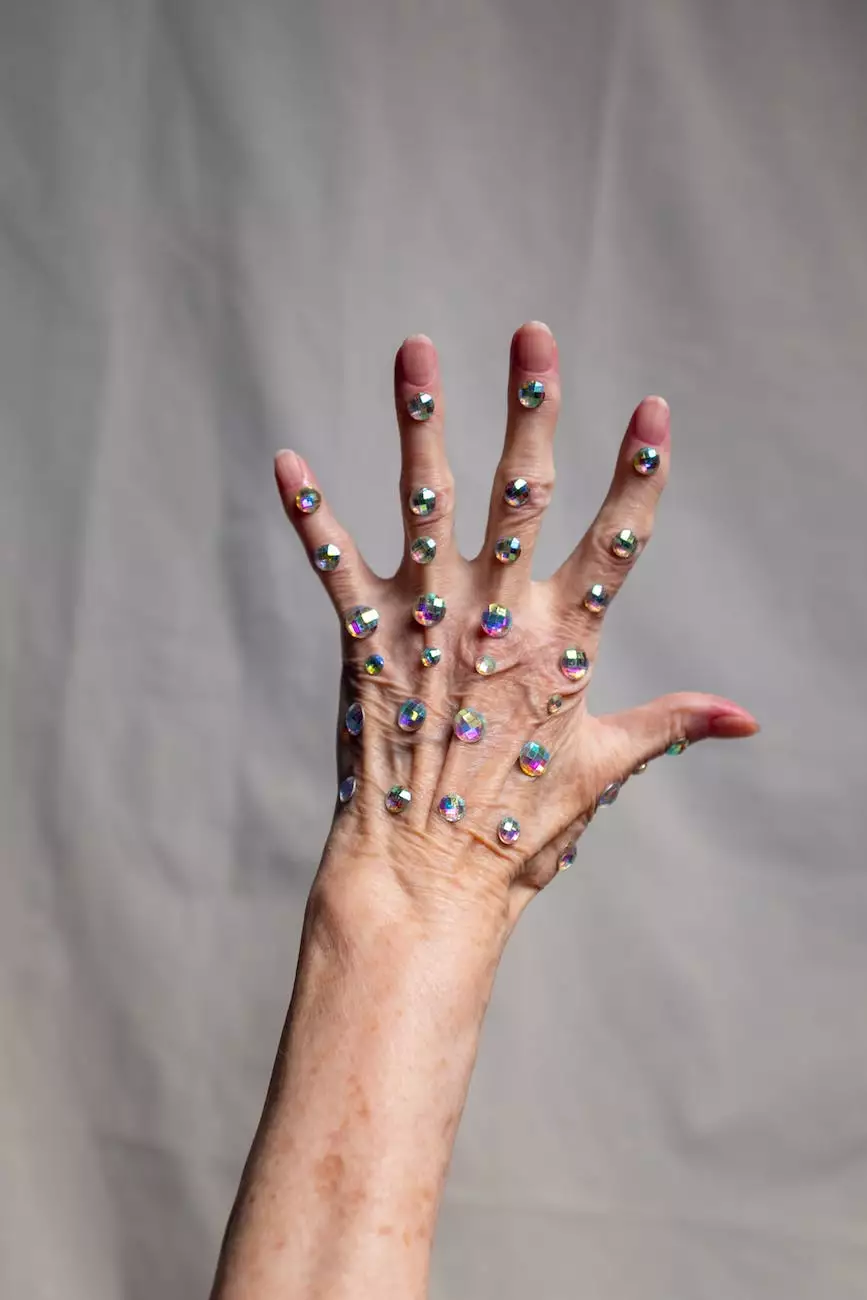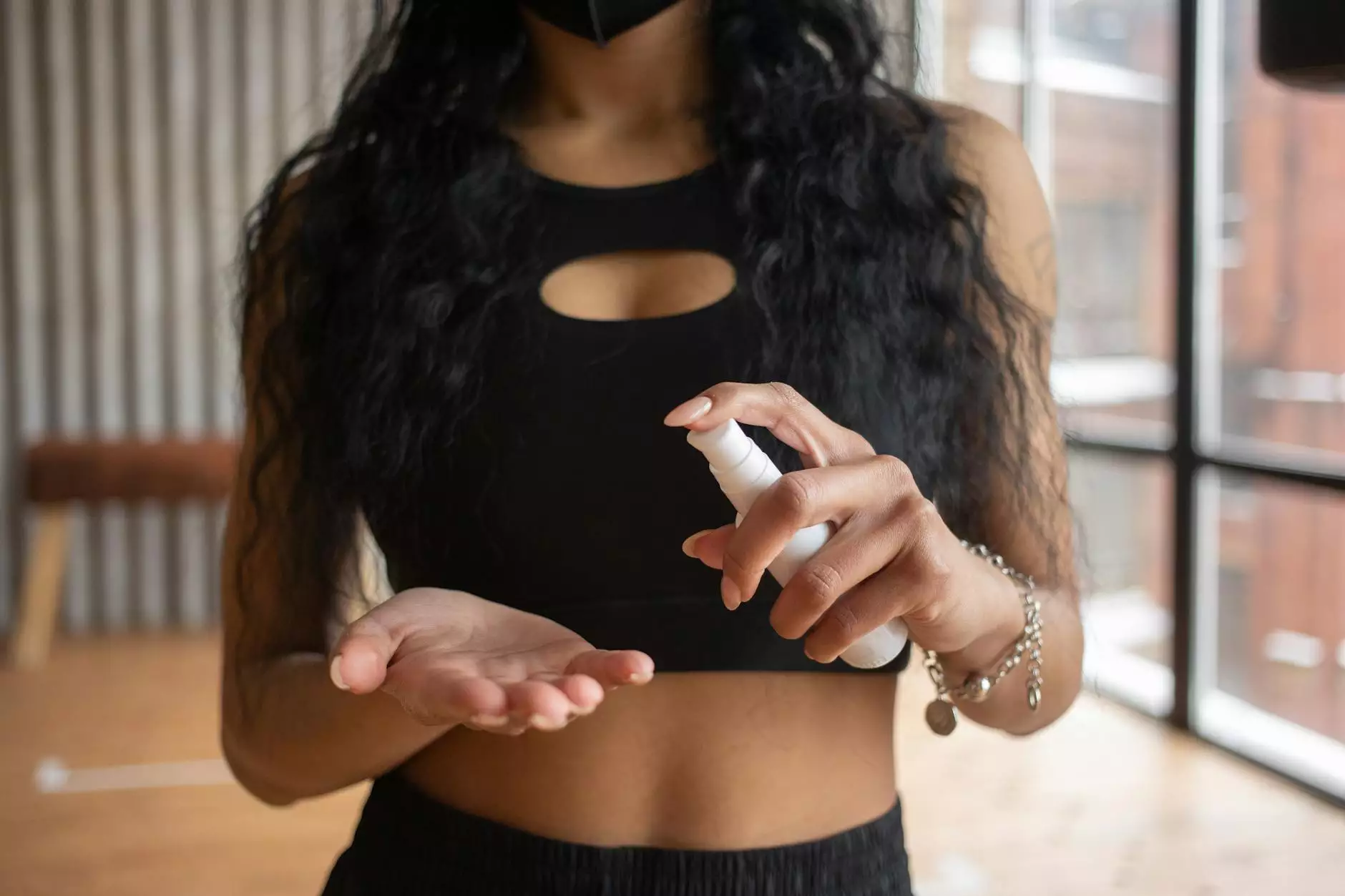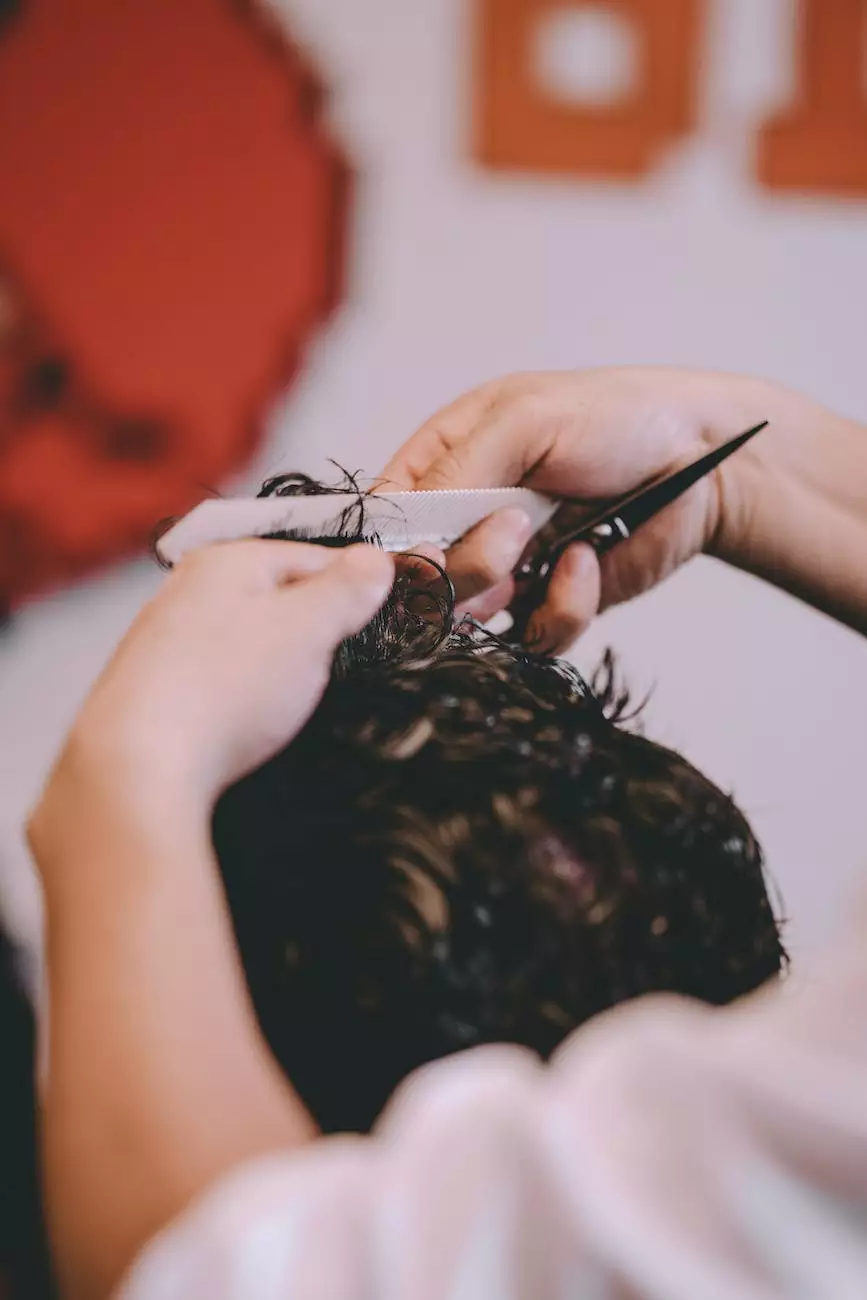Acne: Understanding and Treating Problematic Skin
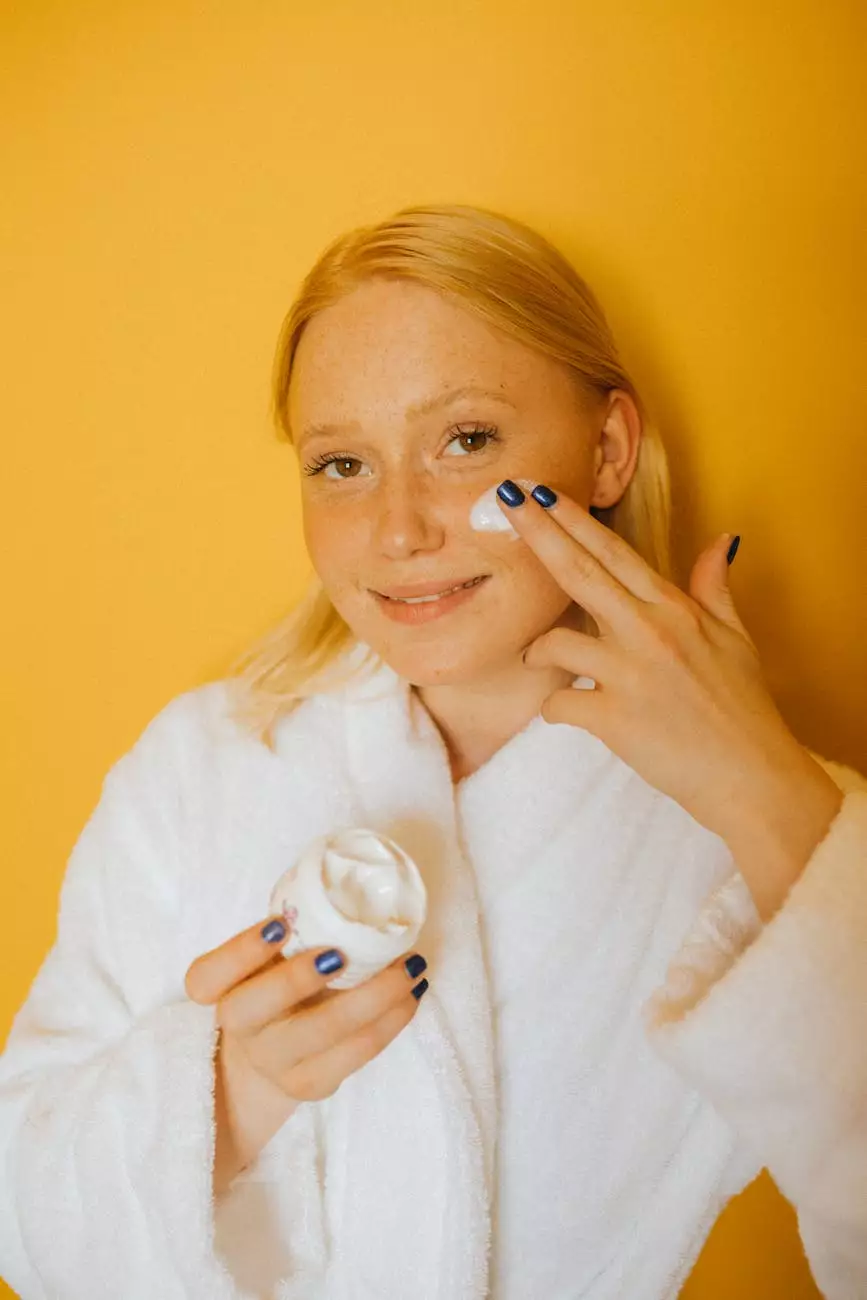
The Importance of Addressing Acne
Acne is a widespread skin concern that affects millions of people worldwide, regardless of age or gender. It can cause significant physical and emotional distress, leading to a negative impact on self-esteem and overall well-being. At Haircare & Body with Crystal, we recognize the detrimental effects of acne and are committed to helping you achieve clear and healthy skin through expert dermatological care.
Causes and Types of Acne
Acne occurs when hair follicles become clogged with oil, dead skin cells, and bacteria. This blockage leads to the formation of inflamed pimples, blackheads, whiteheads, and even deeper cysts. While hormonal changes during puberty are a common trigger for acne, it can also be caused by various factors such as genetics, stress, unhealthy diets, and certain medications.
There are different types of acne, including:
- Comedonal acne: Characterized by the presence of blackheads and whiteheads.
- Inflammatory acne: Involves red, inflamed, and painful pimples.
- Cystic acne: Causes deep, painful cysts that can lead to scarring.
- Hormonal acne: Commonly experienced by individuals during hormonal fluctuations, typically around menstrual cycles.
Effective Treatments for Acne
Effective treatment of acne involves a personalized approach to address the underlying causes and severity of the condition. At Haircare & Body with Crystal, our team of experienced dermatologists utilizes evidence-based treatments to help you combat acne and achieve lasting results.
1. Topical Medications
Topical medications, such as retinoids, benzoyl peroxide, and antibiotics, are frequently prescribed to reduce inflammation, kill bacteria, and unclog pores. These medications come in different forms, including gels, creams, lotions, and solutions, and are applied directly to the affected areas of the skin.
2. Oral Medications
In severe cases or when topical treatments are ineffective, oral medications may be recommended. Oral antibiotics, isotretinoin, and hormonal medications are examples of oral treatments that can help regulate hormone levels, reduce inflammation, and control excessive oil production.
3. Chemical Peels
Chemical peels are effective in treating acne by exfoliating the skin and unclogging pores. They work by applying a chemical solution to the skin, which causes the top layer to peel off, revealing smoother and clearer skin underneath. Chemical peels also help reduce acne scars, hyperpigmentation, and improve overall skin texture.
4. Laser and Light Therapies
Advanced laser and light therapies provide targeted treatment for acne, with minimal downtime and side effects. These treatments work by destroying bacteria, reducing inflammation, and promoting collagen production. Photodynamic therapy (PDT), intense pulsed light (IPL), and laser resurfacing are commonly employed techniques to treat acne effectively.
5. Lifestyle and Skincare Recommendations
In addition to medical treatments, adopting a healthy lifestyle and following a proper skincare routine can greatly contribute to acne management. Our dermatologists will guide you on dietary recommendations, stress management techniques, suitable skincare products, and best practices, ensuring a holistic approach to address acne concerns.
Contact Haircare & Body with Crystal for Expert Acne Solutions
If you are struggling with acne and searching for effective solutions, look no further than Haircare & Body with Crystal. Our team of dedicated dermatologists understands the impact of acne on your physical and emotional well-being.
Contact us today to schedule a consultation and begin your journey towards clear and healthy skin that will boost your confidence and improve your overall quality of life.
